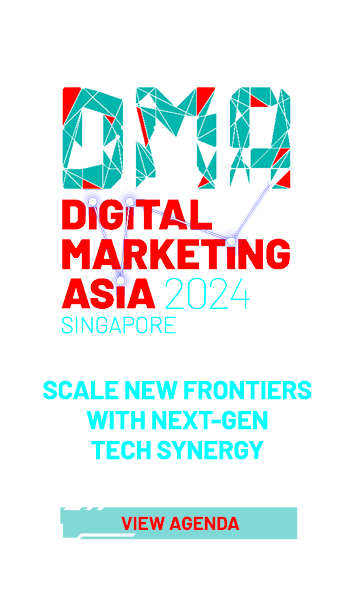



Seven guidelines to promote respect, equality and inclusion in the PR industry
share on
Systemic barriers exist in the public relations industry across the Asia Pacific region and to address these issues are seven guiding principles to uphold.
With an increasing need to ensure that diversity, equality, and inclusion (DE&I) are at the forefront of all PR professionals’ work, the Public Relations and Communications Association (PRCA) APAC has launched a seven-point charter with inputs from PR and communications practitioners in the region.
Don't miss: PR practitioners need to adopt ethical communications, says Fahmi Fadzil
The guiding principles include:
- Communication and engagement
- Diversity-focused initiatives and events
- Hiring and recruitment
- Equal pay
- Training and development
- Employee resource groups and affinity networks
- Bias and discrimination reporting
Communication and engagement include treating all individuals with respect and dignity regardless of their race, ethnicity, gender, sexual orientation, religion, age or ability. It also includes working to eliminate discrimination and bias, and to promote fairness and equity in all aspects of our work as well as creating an inclusive environment where everyone feels welcomed, valued and supported.
Meanwhile, practitioners must provide support for diversity-focused initiatives and events within the organisation and in the broader community, and actively seek out opportunities to promote diversity, equality and inclusion at work.
When hiring and recruiting, practitioners must ensure that processes are equitable, inclusive, and free from bias, as well as actively seek out and hire diverse candidates.
Equal pay ensures that all staff members receive equal pay for equal work, regardless of their race, ethnicity, gender, sexual orientation, religion, age, or ability.
The guiding principle encourages that compensation policies and practices are regularly reviewed and evaluated to identify and address any potential disparities and to ensure that pay practices are fair, transparent and equitable, it said.
In tandem, training and development includes providing ongoing training and development opportunities to promote cultural sensitivity, competency and awareness among all staff members, and to ensure work is responsive to diverse perspectives and needs.
The sixth guiding principle, employee resource groups and affinity networks, encourages the formation of employee resource groups and other affinity networks that promote diversity, equality and inclusion.
Finally, the bias and discrimination reporting guiding principle urge the establishing of processes for reporting and addressing incidents of bias or discrimination within the workplace and ensure that all reports are taken seriously and handled promptly, confidentially, sensitively and effectively.
Similar to the equal pay guideline, this principle also encourages that organisations regularly review and update policies as well as practices to ensure that they align with its commitment to diversity, equality and inclusion.
“We believe that establishing a robust charter is essential in driving positive and real change within our industry. Our goal is to provide industry practitioners with practical guidelines that promote a culture of respect, equality, and inclusion," said Charu Srivastava, chair of the PRCA APAC DE&I committee and co-founder of TriOn & Co.
"These guidelines set a strong foundation for us to build upon as we strive to be an industry that is truly diverse, inclusive and equal in all manners," said Srivastava.
DE&I has become increasingly important for consumers in APAC too. In fact, a 2023 study conducted by FleishmanHillard’s in-house research and analytics practice revealed that the majority of APAC consumers expect companies to act and communicate about diversity, equity and inclusion.
The study found that 51% of respondents agreed in the importance of “making people with different backgrounds more included in society” versus 11% who preferred to keep the current societal structures.
Across Asia, 84% of the population notes that they advocate for at least one issue. Economic issues including economic status, employment status and income top the list, followed by more commonly recognised DE&I topics such as gender, social status/class, cultural background and religion.
Additionally, 94% of respondents cited at least one action that companies could take to showcase an authentic commitment to DE&I. The study also revealed that organisations taking actions on DE&I are being prioritised over those without commitments or plans in APAC today.
Gear up for the most captivating PR conference of the year! #PRAsia #Singapore & #Malaysia returns, bringing you the tools and insights you need to dominate in this dynamic environment. Join over 100 industry leaders and experts for an action-packed program filled with insightful discussions and valuable takeaways.
Related articles:
PR professionals weigh in: Was Grab's response to the controversial post by its co-founder's wife enough?
3 ways PR professionals can pitch better to journalists in the modern era
With increased scrutiny, does MY need national guidelines for its influencers?
share on
Free newsletter
Get the daily lowdown on Asia's top marketing stories.
We break down the big and messy topics of the day so you're updated on the most important developments in Asia's marketing development – for free.
subscribe now open in new window
